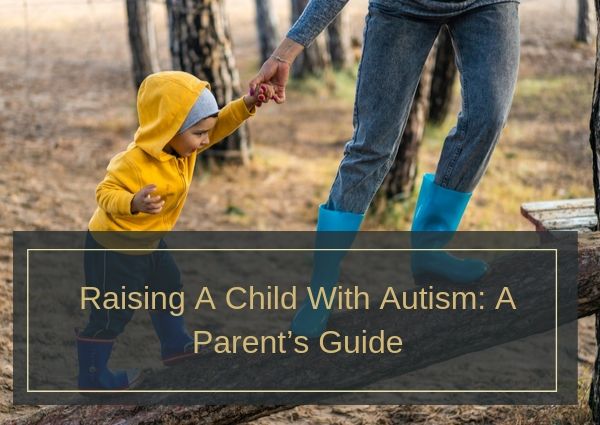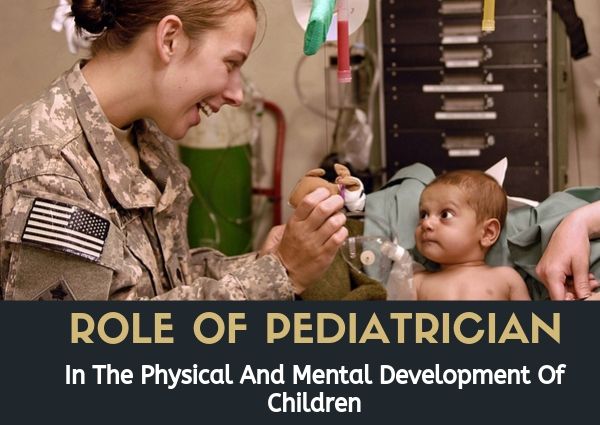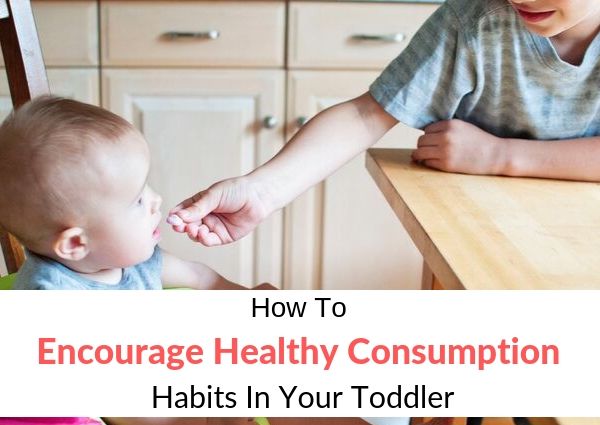
by admdinesh1 | Oct 28, 2019 | blog
Raising A Child With Autism: A Parent’s Guide In the following we will be discussing an important topic that is “Raising a Child with Autism: A parent’s guide” and will discuss it in detail within the article. There are several things parents will do to assist kids with Autism Spectrum Disorder (ASD) overcome their challenges. But it’s also vital to make certain you get the support you need. When you’re looking after a child with ASD (i.e. Autism Spectrum Disorder), taking care of yourself is not a luxury or an act of selfishness, it’s actually a necessity. Being emotionally strong allows you to be the most effective parent you’ll be to your kid in need. These parenting tips will facilitate by making life with an autistic kid easier. A Parent’s Guide If you’ve recently learned that your kid has or might have autism spectrum disorder, you’re probably wondering and worrying about what comes next. No parent is ever prepared to hear that a child is anything other than happy and healthy, and an ASD diagnosis can be particularly frightening. You may be unsure about how to best help your kid, or confused by conflicting treatment advice. Or you may have been told that ASD is an incurable, lifelong condition, leaving you concerned that nothing you do will make a difference. While it is true that ASD is not something a person simply “grows out of,” there are many treatments that can help children acquire new skills and overcome a wide variety of developmental challenges. From free government services to in-home behavioral therapy as well as school-based programs, assistance or...

by admdinesh1 | Oct 14, 2019 | blog
Last Month Of Pregnancy – Tips For Moms To Be In the following, we will be discussing an important topic that is “Last Month of Pregnancy – Tips for Moms to be” and will discuss it in detail within the article. If you’re in your last month of pregnancy, then your baby could arrive at any time. Most women give birth between weeks thirty-eight and forty-two, but very few babies arrive exactly on their due date. Nine Months Pregnant: Common Symptoms In the final month of your pregnancy, a few of the normal as well as common pregnancy symptoms you might experience include: Frequent urinationMucus plug being expelledIncreased vaginal dischargeBackacheItchy skinPelvic pressure Some of these symptoms are common across the third trimester. Explore other third trimester symptoms & remedies to ensure the well-being of mother & baby in the last stretch of pregnancy 9 Months Pregnant: Baby Development & Body Changes Your Baby’s Development: At 9 months pregnant, your baby will drop lower into your pelvis as she gets ready to be born. She’ll gain weight until she’s born, mostly accumulating fat around the elbows, knees, and shoulders. By the 9th month of pregnancy, your baby should be positioned with her head down. If she’s in a breech position with her feet or bottoms down, your doctor may attempt to turn her around or you could be offered a cesarean birth. Changes to Your Body: At 9 months pregnant, you’ll be feeling big, tired, and impatient — you might even feel fidgety sitting or lying down because nothing feels comfortable. Some mums-to-be additionally experience a surge in energy, as...

by admdinesh1 | Oct 7, 2019 | blog
Role Of Pediatricians In The Physical And Mental Development Of Children In the following, we will be discussing an important topic that is “Role of Pediatricians in the Physical and Mental” and will discuss it in detail within the article. Children ought to develop a range of skill sets to optimize their development and manage toxic stress. Research demonstrates that developmentally appropriate play with parents and peers is a singular opportunity to promote the social-emotional, cognitive, language, and self-regulation skills that build executive function and a prosocial brain. Furthermore, play supports the formation of the stable, safe as well as nurturing relationships with all caregivers that kids need to thrive. Play isn’t frivolous: it enhances brain structure and function as well as promotes executive function (i.e., the process of learning, rather than the content), which allows us to pursue goals and ignore distractions. When playing as well as stable, safe nurturing relationships are missing in a kid’s life, toxic stress can disrupt the development of executive function as well as the learning of prosocial behavior; in the presence of childhood adversity, play becomes even more important or necessary. The mutual joy and shared communication as well as attunement (i.e. harmonious serve as well as return interactions) that parents and kids will experience throughout play regulate the stress response of the body. This clinical report provides pediatric providers with the information they need to promote the benefits of play and to write a prescription for play at well visits to complement reach out and read. At a time when early childhood programs are pressured to add a lot of didactic...

by admdinesh1 | Sep 28, 2019 | blog
Teething In Babies In the following, we are going to be discussing a crucial topic that’s “Teething in babies” and will discuss it in detail within the article. The first tooth is a huge event in your baby’s young life, however, it can be uncomfortable. The more you know about teething, the better you can help your baby get through it. The pediatrician will monitor your baby’s teeth for decay and will decide if a referral to a dentist is required prior to age one. In lower-risk kids, the pediatrician can continue to screen teeth until age three. Signs of Teething Most babies begin to teethe between 4-7 months old. But some start much later. The symptoms aren’t identical for every baby, however, they may include: Swollen, tender gums Fussiness and crying A slightly/little raised temperature (which is less than 101 F) Gnawing or wanting to chew specifically on hard things Lots of drool Changes in eating or sleeping patterns Teething may be painful; however, it doesn’t typically make babies sick. Call your doctor if your baby has vomiting, diarrhea, a higher fever, rashes on the body, or cough as well as congestion. These aren’t normal signs of teething. Get in touch with our team for the best pediatrician in West Delhi Soothe a Teething Baby What works to soothe a friend’s baby may not work for yours. You may need to attempt different things to help your kid feel better. Often, something cold in your baby’s mouth helps. Try a cold pacifier, spoon, clean wet washcloth, or a solid (not liquid) refrigerated teething toy or ring. Some specialists...

by admdinesh1 | Sep 21, 2019 | blog
How To Encourage Healthy Consumption Habits In Your Toddler In the following we will be discussing about an important topic that is “How to Encourage Healthy Eating habits in your Toddler” and will discuss about it in detail within the article:By teaching your toddler healthy eating habits, and modeling these behaviors in yourself, you can help your toddler maintain a healthy weight and normal growth. Also, the eating habits your toddler pick up when they are young will help them maintain a healthy lifestyle when they are adults. Your child’s health care provider will assess your child’s weight, height and explain their BMI and let you know if your child needs to lose or gain weight or if any dietary changes need to be made. Some of the most vital aspects of healthy eating are portion control and reducing how much fat and sugar your kid eats or drinks. Simple ways that reduce fat intake in your child’s diet and promote a healthy weight include serving: Low-fat or nonfat dairy products Poultry without skin Lean cuts of meats Whole-grain bread and cereals Healthy snacks such as fruit and veggies Also, cut back the amount of sugar-sweetened drinks and salt in your child’s diet. If you’re unsure regarding how to choose and prepare a variety of foods for your family, consult a registered dietitian for nutrition counseling. It is important that you do not place your overweight toddler on a restrictive diet. Toddlers should never be placed on a diet that is restrictive to lose weight unless a doctor supervises one for medical reasons. Other approaches parents will take to...






